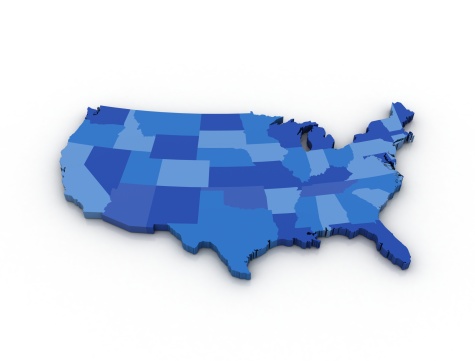 States have two major decisions to make with respect to the Patient Protection and Affordable Care Act (PPACA) – whether they will run the health exchange themselves, and whether they will expand Medicaid to cover most individuals whose income is below 133 percent of the federal poverty level.
States have two major decisions to make with respect to the Patient Protection and Affordable Care Act (PPACA) – whether they will run the health exchange themselves, and whether they will expand Medicaid to cover most individuals whose income is below 133 percent of the federal poverty level.
Do you know where your state stands, and what your options are? If not, read on…
Exchange Election
Beginning in 2014, all states will have a health exchange (also known as the health marketplace). If a state chooses not to run an exchange, the federal government will run the exchange for the state. An exchange run by the federal government for a state is called a federally facilitated exchange (FFE). States may also choose to share the operation of an exchange with the federal government – that is called a partnership exchange. (For more information about the exchanges see our PPACA Advisor Appendix on Exchange Election.)
Medicaid Election
States also have to decide whether they will expand Medicaid coverage to most individuals who have an income below 133 percent of the federal poverty level (FPL). The FPL is $11,490 for a single person and $23,550 for a family of four in 2013. The federal government will pay most of the cost of expanded Medicaid coverage, but some states have concerns about the ultimate cost of the expansion to the states. (For more information about Medicaid and PPACA, see our PPACA Advisor Appendix on Medicaid Election.)
To see where your state stands on exchanges and medicaid, click here for a free chart of state status as of September 17, 2013.

